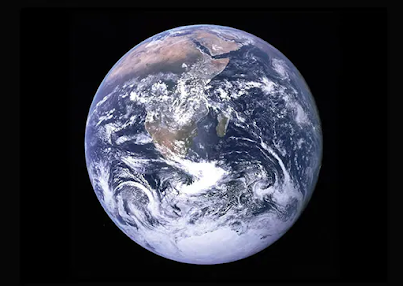Here’s the disclaimer: by definition, the future is wildly unpredictable. With technology advancing at such an accelerated rate, there is no way to know what our world could look like in ten years. Nothing about the future is absolute—predictions are only educated guesses, which can never be correct one hundred percent of the time. And yet, everyone from science fiction writers to economists often attempts to prognosticate. I’m neither, but I’m going to try too.
The Future of Cheating
Cheating has always been present in schools. It’s just never been this easy. A recent study from the Josephson Institute Center for Youth Ethics revealed a staggering ninety-five percent of students polled had been dishonest in some form during their high school years, be it acedmeically, or in familial settings (ie. taking money from their parent’s wallets). Compare that to the previous fifty-nine percent of students who had admitted to it previously in 2009. In studies and anecdotal evidence, it’s clear that cheating has undeniably become more common. When we consider apps whose sole purpose is to solve math problems, or databases full of test answers, or the infamous chatbots—which could have the capability to write entire original essays for students—we see cheating is getting worse. And it’s not going to stop any time soon. Schools will either have to majorly crack down on cell phones and technology used to cheat or find ways to lessen the pressure on students so they no longer feel the need to violate the rules. Preferably the latter.
The Future of Nuclear Weapons
Nuclear weapons are enormously destructive and dangerous; they have the potential to destroy the world. Especially now, when the nuclear weapon count totals around 13,080 according to Stockholm International Peace Research Institute (SIPRI). However, their potential is understood. Russia, America, China, France, and all the other countries with hundreds or thousands of nuclear weapons recognize that by dropping a nuclear bomb and risking the start of a nuclear war, they also ensure the destruction of their own countries. This phenomenon is known as mutually-assured destruction (MAD). Because these countries have such powerful weapons, countries seek to avoid conflict because they know their actions will be reciprocated. MAD, along with the emergence of social media and the world wide web, which allows us to see all the horrific details of war and better empathize with foreign peoples, is enough, I believe, to keep us from full-on nuclear war. I don’t think another Cold War-type conflict is out of the question, but I would hope we are more likely to instead progress into an era of peace.
The Future of Climate Change
Climate change is an imminent threat to our world and life as we know it. Despite efforts to decrease carbon emissions, they are still increasing, which means the global climate is warming. The threat of rising sea levels brings many potential dangers for the future. Other than the more obvious threats of coastal cities and islands being destroyed within the next century, there are also the many ocean food chains that will be disrupted by the rising sea temperature. Hopefully, our future will bring more solutions for the future of climate change, such as an invention that could take significant amounts of carbon out of the atmosphere, or even better, the infrastructure to plant more trees and curb deforestation. Climate change and its dangers are too complex to be explained in a single article, but I believe we have a more climate-conscious future, and that we will be able to slow (and maybe even stop) global warming. If not, we could always occupy another planet. We’ll probably have Intergalactic travel by then or something.

